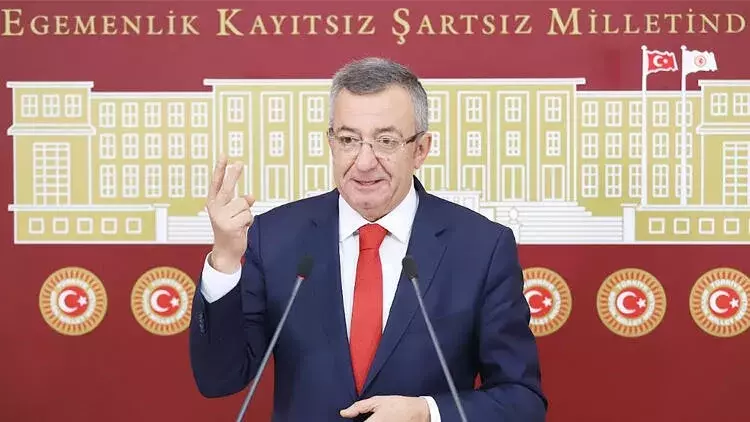CHP plans to seek the annulment of social media law at high court
ANKARA

The main opposition party has expressed its intention to take the controversial disinformation law to the Constitutional Court for its annulment on the grounds that it violates the charter’s articles that guarantee freedom of expression.
“We are thinking to take this law to the Constitutional Court right after it will be approved by the president,” Engin Altay, deputy parliamentary group leader of the Republican People’s Party (CHP) said over the weekend.
On Oct. 14, the Parliament approved the 40-article law that aims to fight the disinformation particularly on social media with the votes of the ruling Justice and Development Party (AKP) and the Nationalist Movement Party (MHP) despite the fierce criticism by the opposition parties and press associations. The law will enter into force after the approval of President Recep Tayyip Erdoğan.
The opposition parties slammed the law as a tool against the free media at a moment when the elections are looming. Türkiye will hold simultaneous presidential and parliamentary polls in June 2023.
CHP’s Altay said the party’s legal experts have already started to draft the petition to be submitted to the Constitutional Court. “Why are we going to the Constitutional Court? Because this law is openly in violation with the articles 2, 22, 25, 28, 26 and 13. That means it is against the provisions of the constitution that fundamental rights and freedoms, including freedom of media and thought, expressing opinions cannot be restricted,” he said.
Five criteria needed
The most controversial article of the new law – article 29 – stipulates up to a three-year prison sentence for those accused of spreading disinformation. AKP’s deputy leader Mahir Ünal, in response to the criticisms, explained that not all disinformation will be considered a crime. “There are five criteria to make it a crime,” he told the daily Hürriyet.
“The spread information won’t be true. It will concern national security and public health. It will aim to spread panic, fear and concern in the public. It will risk breaking the public order. It will be publicized.”
















